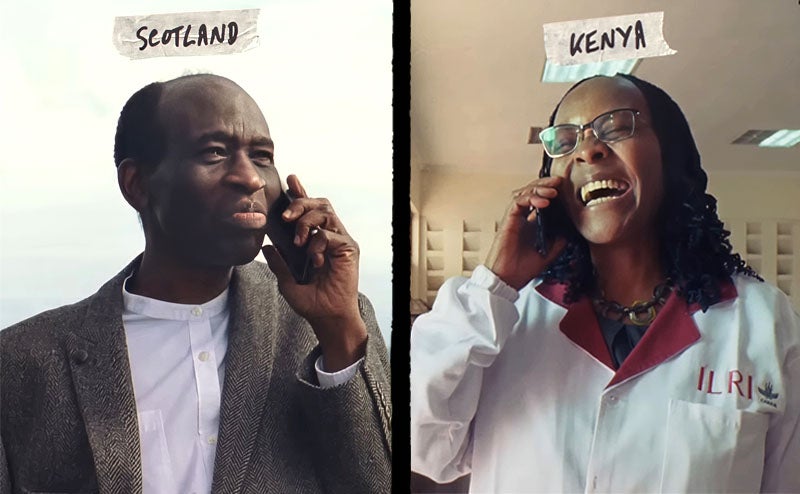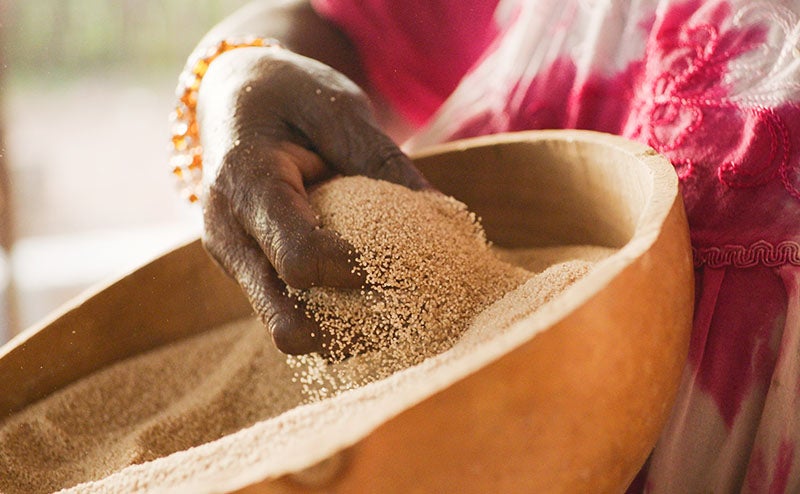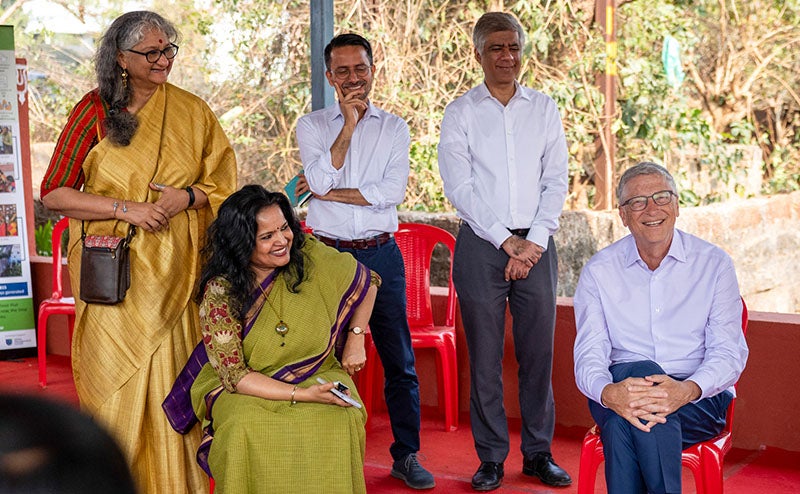When I talk to friends about global health, I often run into a strange paradox. The idea of saving one person’s life is profound and thrilling. But I’ve found that when you talk about saving millions of lives—it sounds almost meaningless. The higher the number, the harder it is to wrap your head around.
For example: If the world accelerates the fight against HIV/AIDS over the next 15 years, we can save 21 million lives.
How many people is 21 million? It is roughly the population of Australia. Or the number of people who live in Mumbai.
If you found out that a plague was going to wipe out the entire population of a city or country tomorrow, you would want the world to do everything possible to save their lives. Although preventing 21 million AIDS deaths is on a different time scale, morally there is no difference. It is just as pressing.
The chart above is drawn from a study in The Lancet by a group of economists who explored what’s possible if the world invests more in global health. The AIDS data, for example, assume that we expand HIV prevention and treatment. The report (which our foundation funded) confirms what global health advocates have long believed: Investing in health is an extremely effective way to break the poverty cycle. In fact it concludes that, with the right investments, the world can close the health gap between rich and poor countries. That would mean every country in the world will have child-mortality rates that are as low as the rate in America or the United Kingdom in 1980.
2015 is a key year for these issues. In September, the United Nations will come together to adopt goals about what should be done for the poor by 2030. It’s a follow-up to the Millennium Development Goals, which did an amazing job of getting the world to focus on how the poor are faring. I hope that by bringing both more attention and more funding to these issues, we can save millions of lives and make unprecedented progress by 2030.
If you want to learn more about the U.N.’s goals for 2030 and what you can do to help, I’d encourage you to become a Global Citizen.
If you’d like to read more about this topic, you might want to check out this piece I wrote for Quartz.





